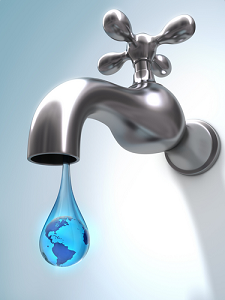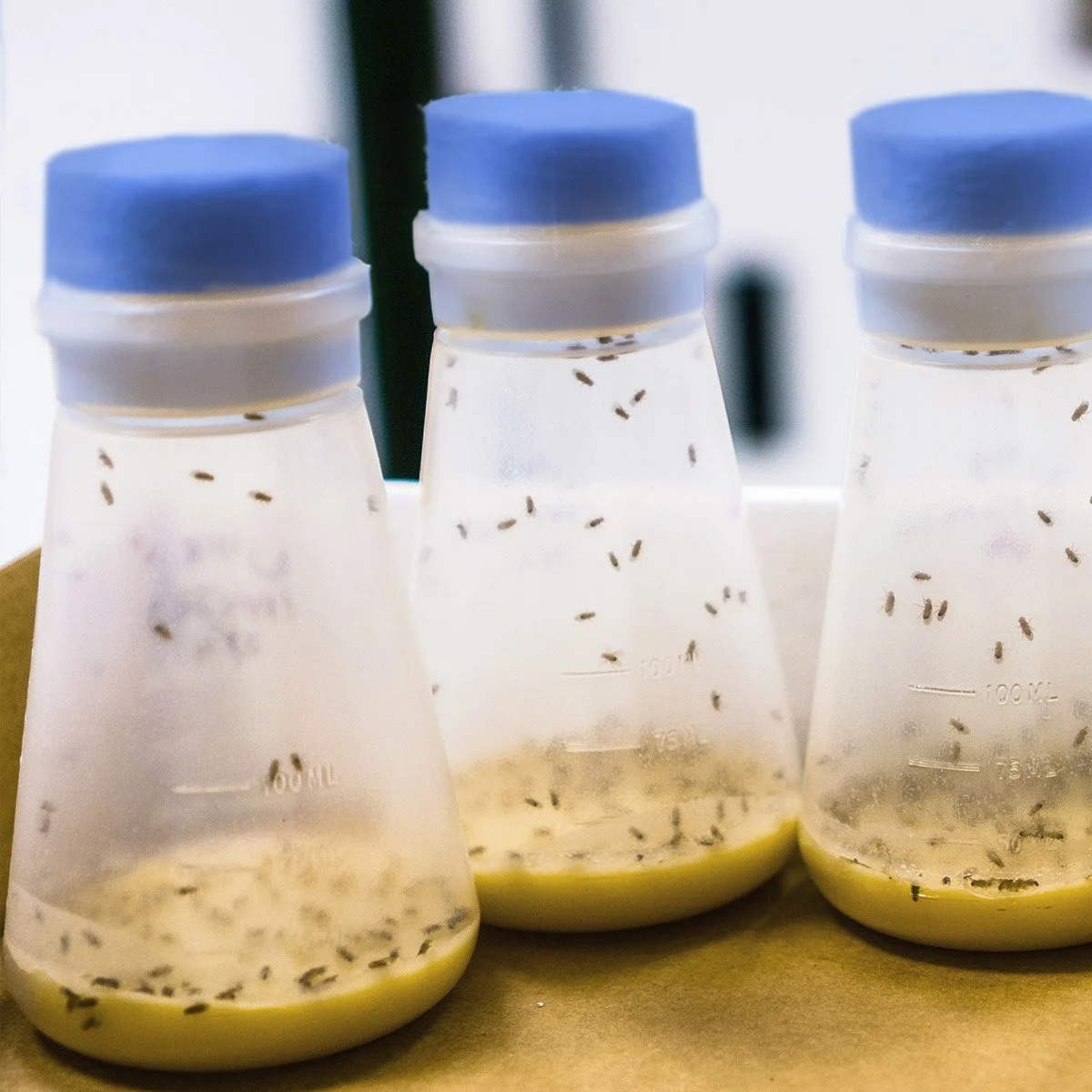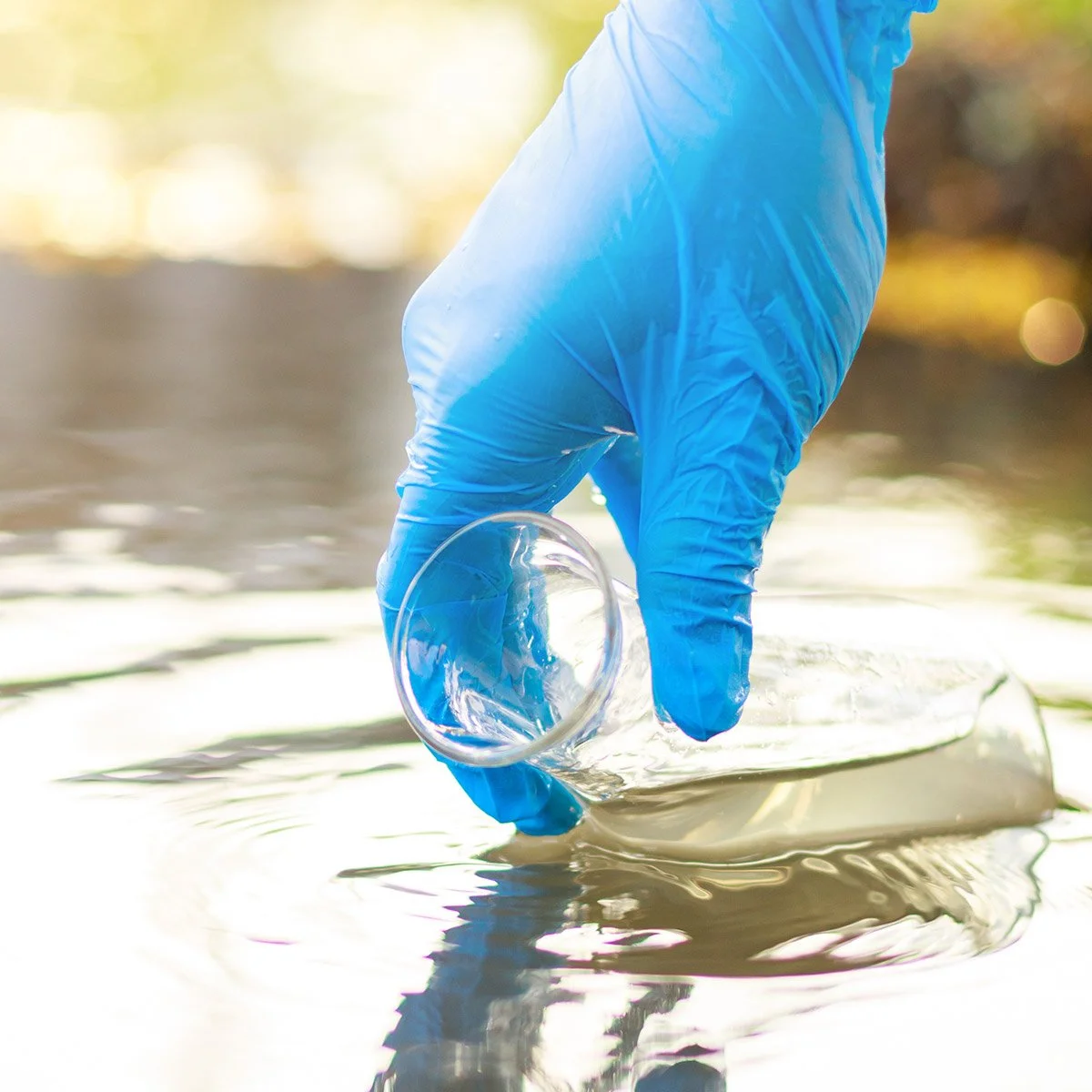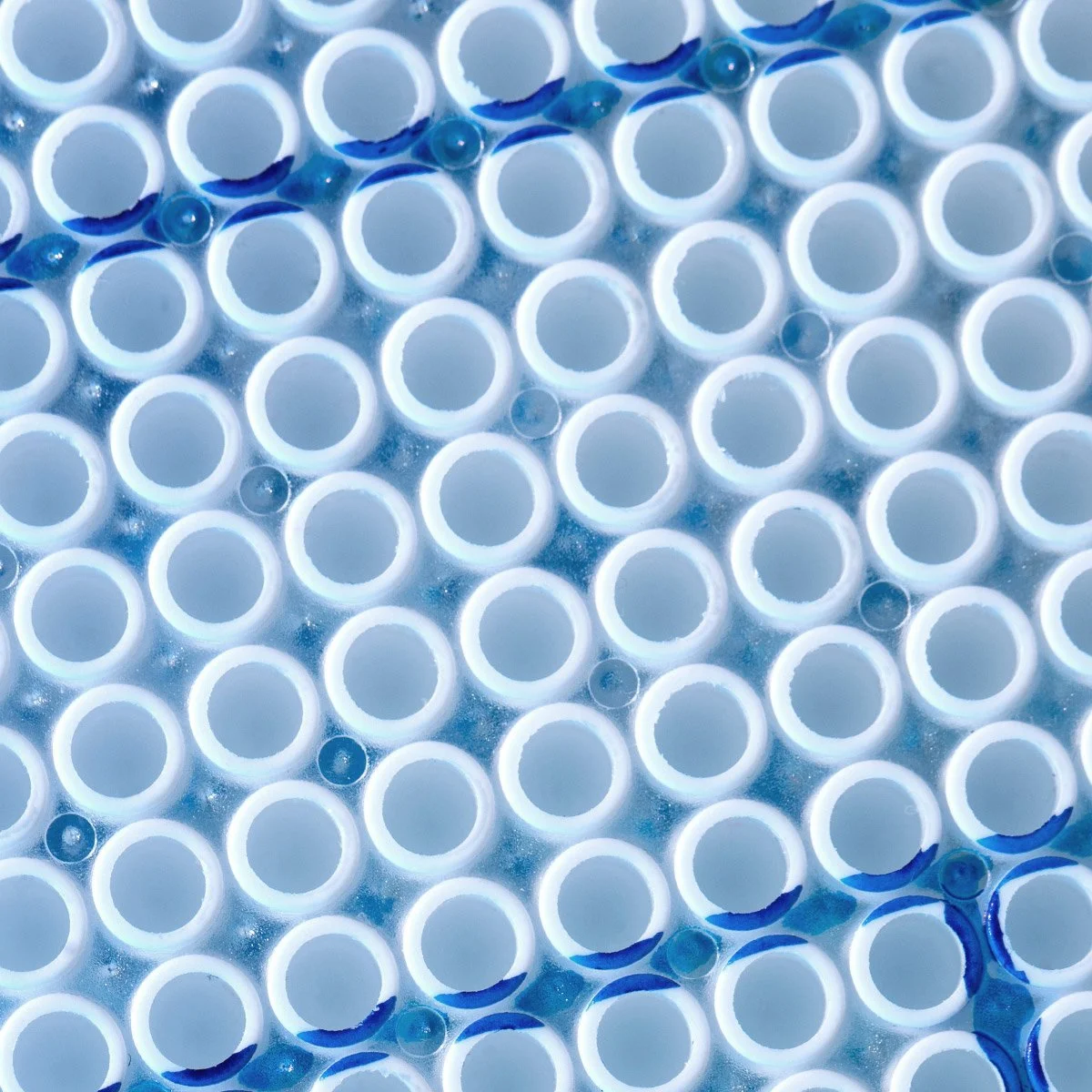Quick tips from the University of California, Davis Water Action Committee for reducing water waste in your lab:
1. Team up with other labs and research groups in your building to coordinate the shared use of water-intense equipment such as autoclaves, washers, etc.
2. Do not use running water for any manual cool-down of autoclaves.
3. Be resourceful when washing dishes/labware (e.g. avoid washing dishes under running water). Clean/rinse labware in batches or in several basins (i.e. clean several pieces at the same time) using rinses from one process in another (see pages 4-5 of the attachment for more details, and visit http://sustainability.ucdavis.edu/action/save_water/index.html#labwater).
4. Single-pass cooling equipment typically consumes thousands of gallons more of water than any other cooling method in laboratories. Switch to closed-loop cooling for small distillations or refluxes, and minimize the use of single-pass cooling water. Equipment typically associated with single-pass cooling are CAT scanners, degreasers, hydraulic equipment, condensers, air compressors, welding machines, vacuum pumps, ice machines, X-ray equipment, air conditioners, process chillers, electron microscopes, gas chromatographs, and mass spectrometers. An equipment list will be compiled for a potential upgrade, contingent upon ESS receiving funding to help replace equipment, to multi-pass or closed-loop cooling. Alternatively try to reuse single-pass discharge water for initial rinses or other uses in the lab, if practical.
5. Use a control or solenoid valve for lab equipment that directly connects to the water supply and continuously uses water at low rate, in order to allow water to flow only on demand.
6. Try to reduce the use of water treatment equipment (e.g. from reverse osmosis and water filtration systems) by using tap water whenever filtered or RO water is not required for a lab process.
7. Plumbed eye washes and emergency shower lines are required to be activated monthly, but they just need to be run enough to flush the lines.
8. Report leaks and dripping faucets in your labs or restrooms.
9. For other campus water-saving tips, visit http://sustainability.ucdavis.edu/action/save_water/index.html. For information about the Green Lab program, which includes water-saving actions, please visit http://sustainability.ucdavis.edu/action/green_workplace/green_labs.html.
Please pass on this message to your lab managers, staff and students working in your lab to raise awareness of these water-saving measures.











Even though it’s not possible to predict where the science will lead, we can promise that life science discoveries will serve humankind well into the future. Circularization strategies economize science and responsibly limit our impact on nature. This green lab tip highlights a few resources for free lab materials and equipment. Let’s keep life science research and education going strong!